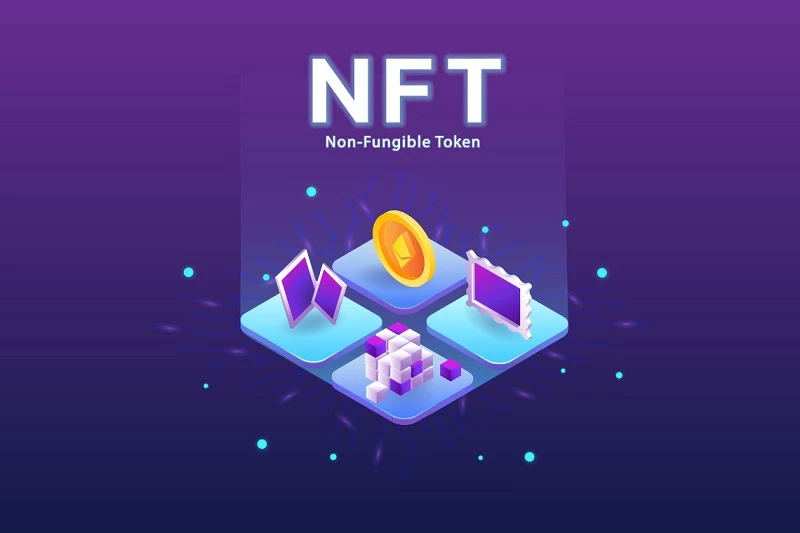NFTs offer new method to control personal health information
Ministry extends time of anti-dumping investigation on tables, chairs / Can Tho expects its GRDP per person to reach $11,000 by 2030
A global, multidisciplinary team of scholars in ethics, law, and informatics, led by bioethicists from Baylor College of Medicine, authored one of the earliest commentaries on how this emerging technology could be repurposed for the healthcare industry.
The researchers propose in a recent publication in the journal Science that the tool could help patients gain greater control over their personal health information. Patients could use NFT digital contracts to specify who has access to their personal health information and to monitor how it is shared.

NFTs offer new method to control personal health information.
Dr. Kristin Kostick-Quenet, assistant professor at the Center for Medical Ethics and Health Policy at Baylor and lead author of the paper, stated, "We have no control over what happens to our personal health information once it is digitalized into an electronic health record and how it is commercialized and exchanged thereafter." "NFTs could be used to democratize health data and help individuals regain control and participate more in decisions about who can see and use their health information."
"In the era of big data, health information is its own currency; it has become commodified and profitable," said Dr. Amy McGuire, senior author of the paper and Leon Jaworski Professor of Biomedical Ethics and director of the Center for Medical Ethics and Health Policy at Baylor. "Using NFTs for health data is the perfect storm between a huge market place that's evolving and the popularity of cryptocurrency, but there are also many ethical, legal and social implications to consider."
The researchers note that NFTs are still susceptible to data security vulnerabilities, privacy issues, and intellectual property disputes. In addition, the complication of NFTs may prevent the average citizen from realizing their potential. As NFTs emerge as a potential means of transforming the world of health data, the researchers believe it is crucial to consider potential benefits and obstacles.
"Federal regulations already give patients the right to connect an app of their choice to their doctor's electronic health record and download their data in a computable format," said Dr. Kenneth Mandl, co-author of the paper, director of the Computational Health Informatics Program at Boston Children's Hospital and Donald A.B. Lindberg Professor of Pediatrics and Biomedical Informatics at Harvard Medical School. "It's intriguing to contemplate whether NFTs or NFT-like technology could enable intentional sharing of those data under smart contracts in the future."
In addition to Dr. Timo Minssen, Drs. I. Glenn Cohen, Urs Gasser, and Isaac Kohane contributed to this work. They represent Boston Children's Hospital, Harvard Medical School, Harvard Law School, the University of Copenhagen, and the Technical University of Munich. Refer to the publication for a comprehensive listing of funding for these researchers.
Journal Reference: Kristin Kostick-Quenet, Kenneth D. Mandl, Timo Minssen, I. Glenn Cohen, Urs Gasser, Isaac Kohane, Amy L. McGuire. How NFTs could transform health information exchange. Science, 2022; 375 (6580): 500 DOI: 10.1126/science.abm2004
End of content
Không có tin nào tiếp theo



